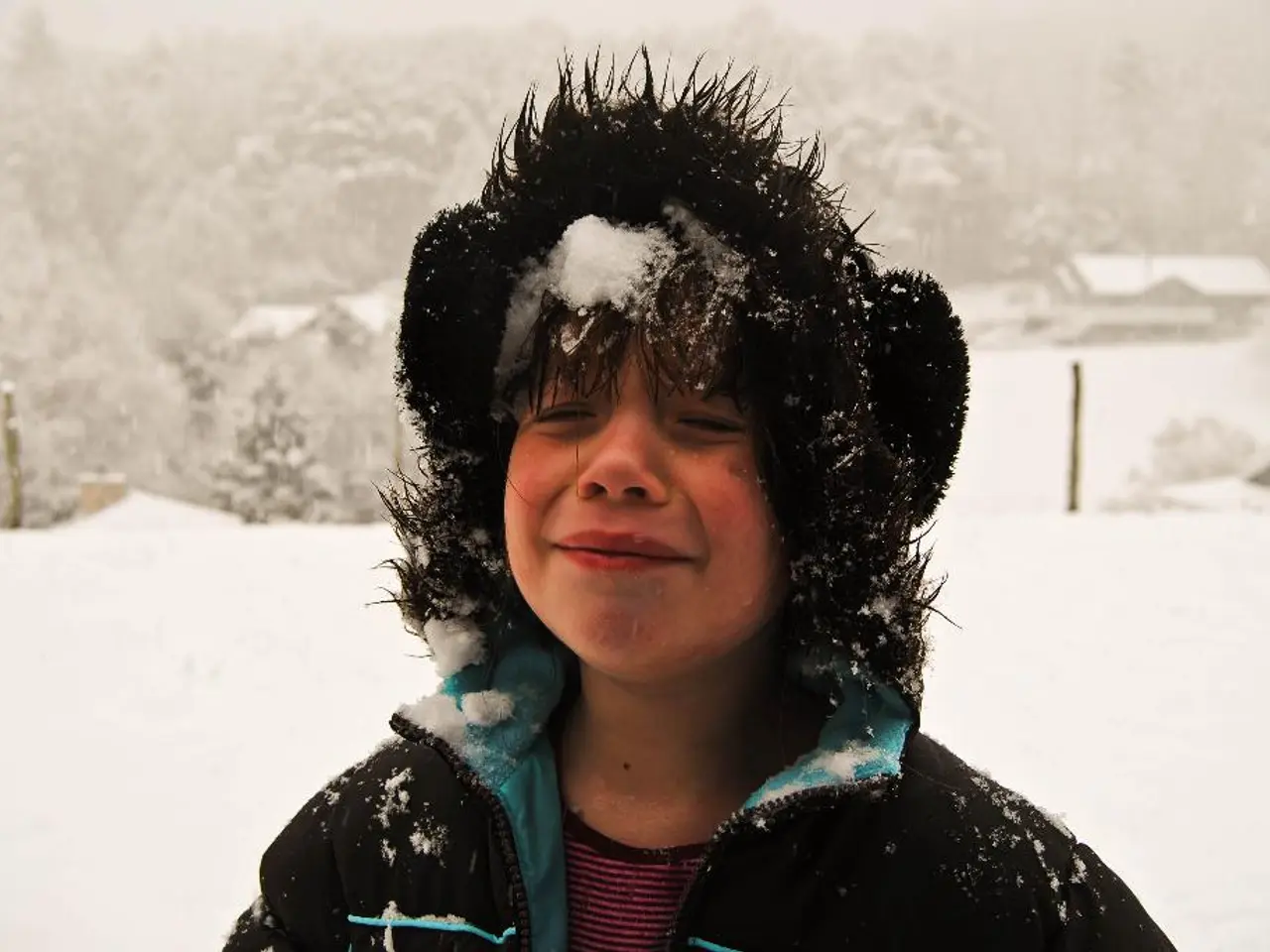Guide for Parents: Discussing Depression with Children
Depression is a common mental health condition that affects nearly one in every three children between the ages of 3 and 17 in the United States. Since the start of the COVID-19 pandemic, instances of depression in young people have shown a concerning increase.
It's crucial to reassure children that depression is nothing to feel guilty or embarrassed about and that treatment is possible. This initial conversation about depression should be just that - the initial one. In other words, it may be necessary to keep having these conversations, especially if depression directly affects your family.
When talking with older kids and teens about depression, it's important to explain that depression is a mental health condition that affects people's brains, is never a person's fault, and is just like any other chronic health condition. With younger children, it's best to relate it to their own emotional experiences and use simple, understandable language.
It's crucial to remind children that having depression is not their fault. Symptoms of depression include consistently low or irritable mood, loss of interest in activities, sleep disturbances, lack of energy, changes in appetite, feelings of worthlessness or guilt, hopelessness, concentration issues, moving or speaking more slowly or more quickly than expected, and recurring thoughts about death or suicide.
If you believe your child is in immediate danger, remove objects from their reach that could be used to harm themselves, stay with them, and seek professional help right away.
There are various treatments available to help children feel better if they are experiencing depression. These include therapy, medication, and lifestyle changes. Mental health therapists are understanding, trustworthy grown-ups who talk with and play with kids to help them experience less depression. Therapists can teach children tricks and tools to make themselves feel better, even when they're feeling really down.
There are many great resources for kids of all ages that can support in navigating conversations about depression and help children understand what depression really is. Some of these resources include Nemours Children's Health, Children's Mental Health Matters!, Teen Mental Health Speaks... Depression Magazine, Today I Feel..., My3, Balloons for Papa, Depression: A Teen's Guide to Survive and Thrive, Blueloon, and the 988 Suicide & Crisis Lifeline, Crisis Text Line, and The Trevor Project hotline numbers.
Remember, it's important to empower children and communicate belief in them when they are facing depression. With time, talking about depression will become normalized, and your child may feel comfortable opening up to you if they ever start feeling depressed themselves.
In conclusion, understanding depression and having open conversations about it with your child can help them feel less alone and more equipped to deal with their feelings. If you suspect your child may be experiencing depression, don't hesitate to seek professional help.
Read also:
- Peptide YY (PYY): Exploring its Role in Appetite Suppression, Intestinal Health, and Cognitive Links
- Toddler Health: Rotavirus Signs, Origins, and Potential Complications
- Digestive issues and heart discomfort: Root causes and associated health conditions
- House Infernos: Deadly Hazards Surpassing the Flames








